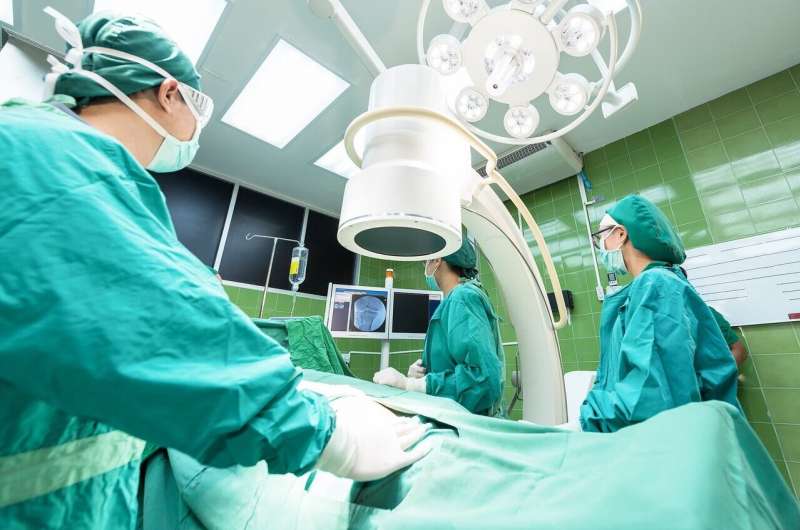Melatonin may not help prevent delirium after heart surgery

Delirium is observed in approximately 15% of hospitalised older adults, and it is more common in the critically ill and in those undergoing major surgery, such as heart surgery. Studies have found that blood levels of melatonin, a serotonin-derived hormone, decrease following surgery and are lower in surgical patients who develop delirium.
A new study published in the Journal of the American Geriatric Society found that melatonin treatment did not influence the risk of developing delirium following heart surgery, however.
The study included 210 adults aged 50 years or older who were due to undergo major heart surgery. Participants were randomly assigned to seven days of treatment with melatonin or placebo, starting two days prior to the surgery. Patients were then assessed for the development of delirium within seven days of surgery.
A similar proportion of participants experienced severe episodes of delirium in the melatonin and placebo groups.
"While the negative findings are disappointing, it is probably not that unexpected given the complex nature of delirium," said lead author Andrew Ford, MBChB, FRANZCP, Ph.D., of the University of Western Australia.
More information: Andrew H. Ford et al, The Healthy Heart‐Mind Trial: Randomized Controlled Trial of Melatonin for Prevention of Delirium, Journal of the American Geriatrics Society (2019). DOI: 10.1111/jgs.16162

















